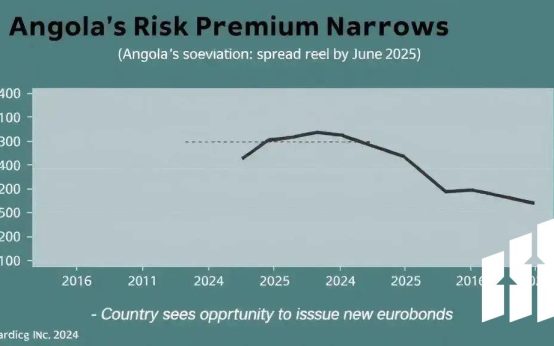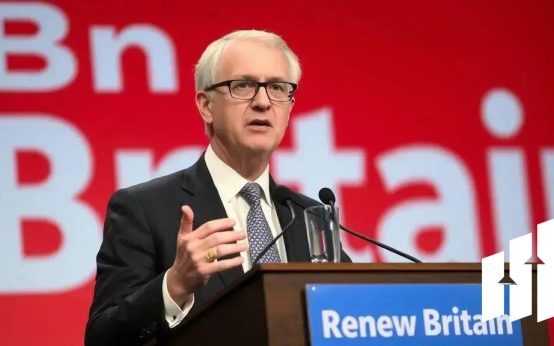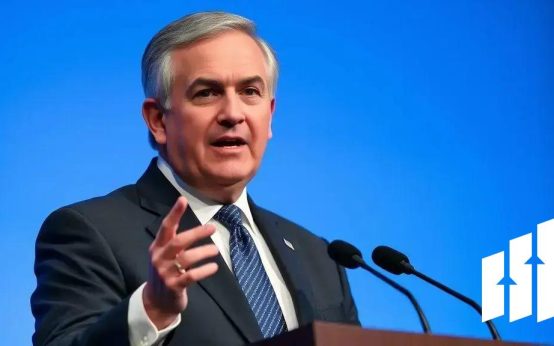Trumponomics refers to the economic policies linked to Donald Trump’s presidency, emphasizing tax cuts, deregulation, and domestic job creation. In contrast, the anti-Trumponomics movement advocates for fair economic policies that address inequality through public investments, progressive taxation, and support for workers. The impacts of these policies are significant, influencing job growth, income distribution, and overall community well-being, while also presenting challenges that need careful consideration for a balanced economy.
In the realm of politics, the Trumponomics agenda has sparked intense debate. As we assess its impact, one question looms large: What should the Democrats propose as an alternative?
What is Trumponomics?
Trumponomics refers to the economic policies associated with former President Donald Trump. These policies aimed to reshape the U.S. economy through various strategies. Central to this approach were tax cuts, deregulation, and a focus on domestic manufacturing.
One of the key aspects of Trumponomics was the significant tax cuts provided to both individuals and corporations. Supporters argue that this boosted economic growth by increasing spending power. Critics, however, contend that it primarily favored the wealthy.
Deregulation was another defining feature. The Trump administration rolled back numerous regulations, particularly in the environmental and financial sectors. Proponents believed this helped businesses thrive. On the other hand, critics warned of potential risks to public safety and the environment.
Additionally, Trumponomics emphasized the importance of bringing jobs back to America. The administration promoted tariffs on imported goods. This was intended to protect U.S. industries but sparked debates about its long-term effects on trade relations.
Overall, Trumponomics remains a contentious topic. Its supporters cite growth and job creation, while detractors focus on rising deficits and income inequality.
The Democratic alternative to neoliberalism and populism
The Democratic alternative to neoliberalism and populism focuses on creating a fair economy. This approach seeks to help everyday people, not just the wealthy. Many Democrats believe that government can play a vital role in reducing inequality.
Public investments are a key part of this alternative. By investing in education, healthcare, and infrastructure, Democrats aim to boost opportunities for all. These investments can help create jobs and stimulate the economy.
Another important aspect is regulating industries to protect workers and consumers. For example, policies might include raising the minimum wage. Such moves can ensure that workers earn a fair income for their labor.
The Democratic agenda also tries to address climate change. Through sustainable practices and green energy, Democrats hope to create a healthier planet. This not only benefits the environment but also opens up new job markets.
Finally, advocating for universal healthcare is central to this alternative. By ensuring healthcare is accessible to everyone, Democrats aim to relieve financial burdens. This can create a healthier workforce and promote overall well-being.
Key figures in the anti-Trumponomics movement
Key figures in the anti-Trumponomics movement include politicians, activists, and economists. They emphasize the need for fair economic policies that benefit all Americans. These leaders often challenge the ideas and policies of Trumponomics.
Politicians such as Senator Elizabeth Warren and Representative Alexandria Ocasio-Cortez advocate for more progressive economic reforms. They focus on issues like income inequality, worker rights, and corporate regulations. Their goal is to shift the conversation towards more equitable solutions.
Activists play an essential role too. Groups like the Movement for Black Lives and labor unions often fight against policies that they believe harm working-class individuals. They raise awareness about social justice and economic disparities.
Economists critical of Trumponomics argue that tax cuts for the wealthy do not lead to growth. They advocate for policies that support job creation and community investment. Their research supports the idea that a strong middle class is vital for a healthy economy.
This movement seeks to connect different voices and experiences. Together, they aim to create a narrative that holds leaders accountable for their economic promises. By focusing on collaboration and inclusivity, they envision a better future for all Americans.
Impacts of proposed economic policies on American society
The proposed economic policies can greatly affect American society in various ways. These impacts can be seen in job growth, income distribution, and overall quality of life. Understanding these effects is crucial for everyone.
Job growth is often the first impact people notice. Policies that promote small businesses and infrastructure projects can create many new jobs. These jobs help families support themselves and improve local economies.
Another important area is income distribution. Economic policies that focus on taxes can shape how wealth is shared. Progressive taxation, for example, might ensure the wealthy pay their fair share. This can lead to better funding for schools, healthcare, and other essential services.
Furthermore, the overall quality of life can change based on economic policies. Affordable healthcare and quality education can lead to happier, healthier communities. When people have access to these services, they tend to thrive.
It’s also worth noting that some policies may lead to challenges. For instance, trade policies can impact jobs in certain sectors. Communities reliant on specific industries might struggle if those policies change. Being aware of these potential downsides helps shape a more balanced approach.
Conclusion
In conclusion, understanding the impacts of economic policies on American society is crucial. These policies can lead to job growth, improve income distribution, and enhance the overall quality of life for many. By focusing on supporting small businesses and fair taxation, we can create a more equitable economy.
It’s essential to recognize that while there are many benefits, some policies may also bring challenges. Addressing these challenges head-on can help communities thrive. Ultimately, a thoughtful approach to economic policies can lead to a brighter future for everyone.
FAQ – Frequently Asked Questions about Economic Policies and American Society
What is Trumponomics?
Trumponomics refers to the economic policies associated with former President Donald Trump, focusing on tax cuts, deregulation, and domestic job creation.
How do proposed economic policies impact job growth?
Proposed economic policies can stimulate job growth by promoting small businesses and investing in infrastructure projects.
What role do key figures play in the anti-Trumponomics movement?
Key figures like politicians and activists strive to advocate for economic fairness and challenge the impacts of Trumponomics.
Why is income distribution important?
Income distribution affects wealth sharing in society. Fair policies can lead to better services and improved living standards for all.
What are some potential challenges of new economic policies?
Trade policies might lead to job losses in specific sectors, affecting communities reliant on those industries.
How can communities benefit from public investments?
Public investments can improve education, healthcare, and infrastructure, leading to a healthier and more prosperous community.


 Miran Highlights Dual Goals of Fed and Interest Rate Outlook
Miran Highlights Dual Goals of Fed and Interest Rate Outlook  Are You a Robot? Unusual Activity Detected on Bloomberg
Are You a Robot? Unusual Activity Detected on Bloomberg  Keir Starmer Leads Business Delegation to India for Trade Pact
Keir Starmer Leads Business Delegation to India for Trade Pact  Takaichi Appoints Ex-Finance Minister as Secretary General of LDP
Takaichi Appoints Ex-Finance Minister as Secretary General of LDP  Argentina Continues Dollar Sales Amid Weakened Peso Crisis
Argentina Continues Dollar Sales Amid Weakened Peso Crisis  White House Calls on Democrats to Resolve Ongoing Government Shutdown
White House Calls on Democrats to Resolve Ongoing Government Shutdown